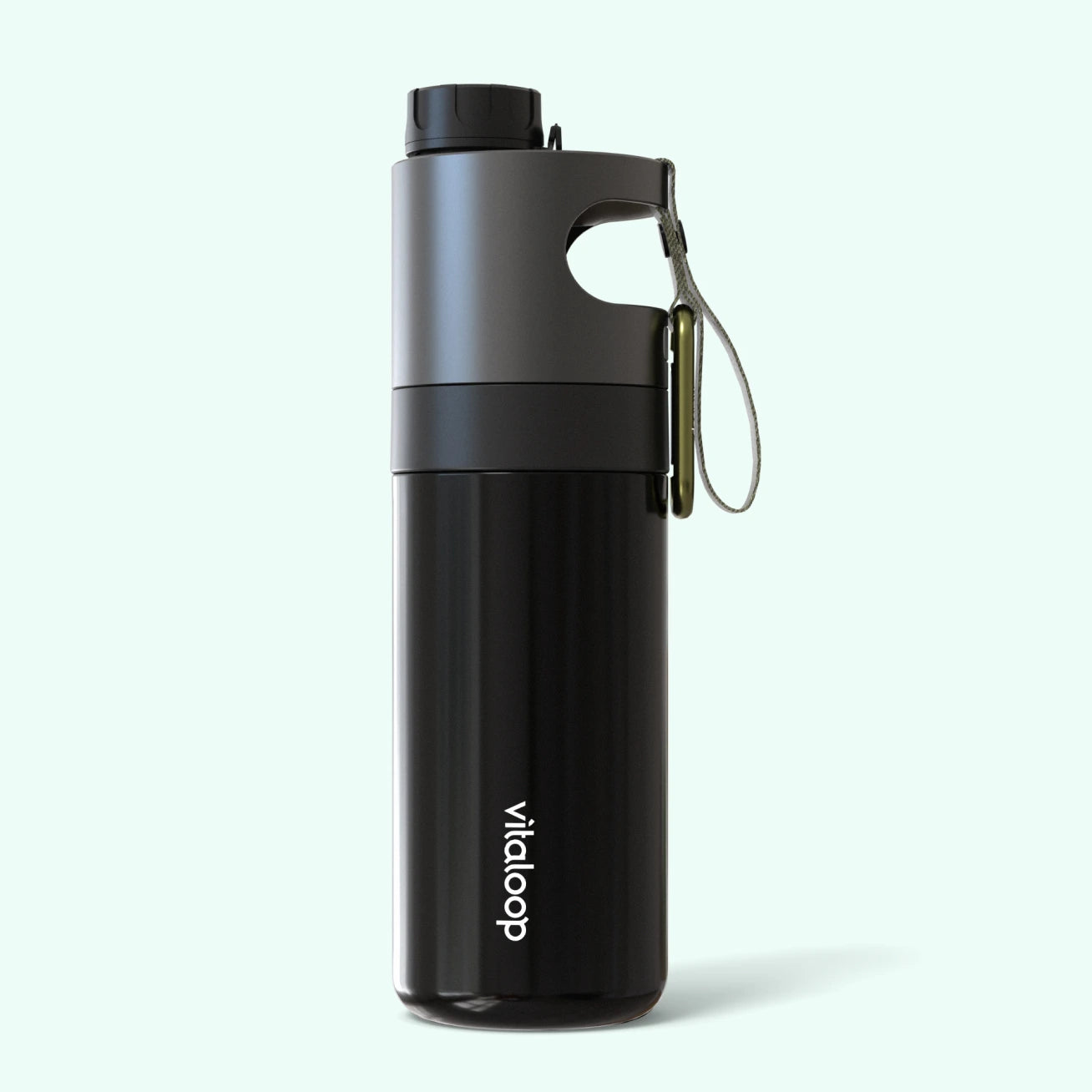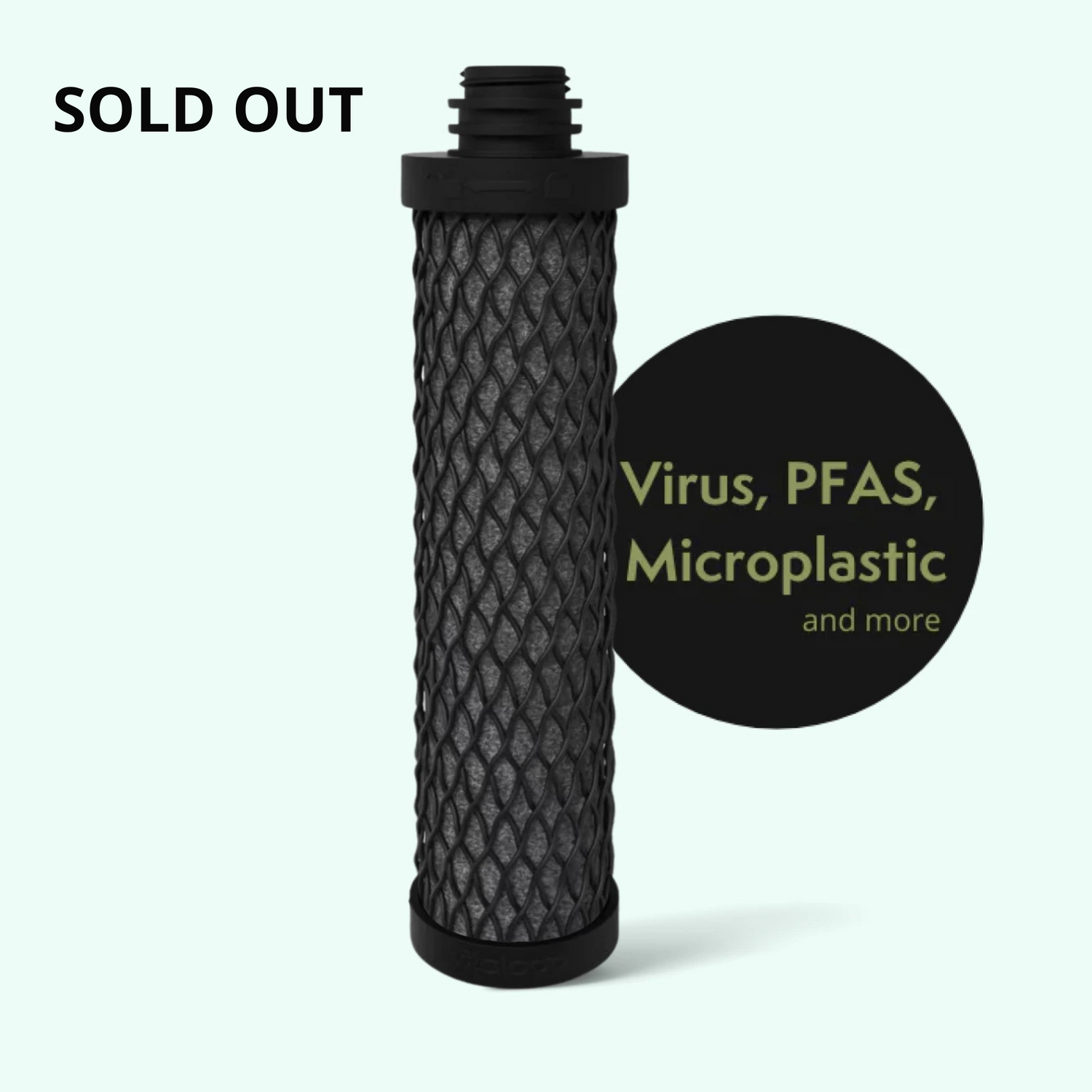Distilled vs. Filtered Water: Let’s Talk About Your Hydration Choices
If you’re reading this, you’re probably trying to decide whether a water distiller is worth adding to your home—or you’re curious if distilled water is really the best choice for your health.
Maybe someone told you it’s the purest form of water, or you’ve been wondering how it compares to filtered water.
The reality is, distilled water has its strengths and weaknesses, and the right choice depends on what you need from your water. In this post, we’ll break it all down for you—starting with the basics and going deeper into the benefits, drawbacks, and science behind each option.
Why the Type of Water You Drink Matters
Water isn’t just about quenching your thirst—it’s a critical part of your health. While distilled and filtered water both go through purification processes, the way they interact with your body couldn’t be more different. From the minerals they contain to the contaminants they remove, understanding these differences can transform how you think about hydration.
What Makes Distilled Water Unique?
Distilled water is known for its ultra-purity. The distillation process boils water into steam, removes nearly all contaminants, and condenses it back into liquid. The result? Water that’s free from bacteria, heavy metals, and other impurities. But there’s a catch—it’s also stripped of almost all of the essential minerals.

Should You Drink Distilled Water Regularly?
Distilled water’s “purity” might sound appealing, but it could actually do more harm than good if consumed daily. Your body relies on minerals in water to maintain a healthy balance. Drinking water stripped of these minerals can disrupt this balance over time. Some experts warn that long-term consumption of distilled water may force your body to draw essential minerals from bones and tissues to compensate. While it’s fine for occasional use, relying on distilled water every day could potentially impact your overall health negatively.
When Is Distilled Water Useful?
- Medical Applications: Sterile and contaminant-free, distilled water is a staple in medical devices and laboratories.
- Appliances: Its purity prevents mineral buildup in humidifiers and steam irons.
Filtered Water: A Balanced Approach
Filtered water offers a healthier balance by removing harmful contaminants like bacteria, viruses, chlorine, heavy metals, or microplastics while preserving essential minerals like calcium and magnesium. Advanced systems, like Vitaloop, go beyond standard filtration to ensure your water isn’t just safe but truly nourishing.
What Makes Filtered Water Stand Out?
- Mineral Retention: Natural electrolytes like magnesium and calcium remain intact, supporting hydration, bone health, and muscle function.
- Tailored Filtration: Depending on the system, you can target specific contaminants, from PFAS to heavy metals.
The Truth About Hard Water
Hard water often gets a bad reputation, but here’s something you might not know: it’s actually full of minerals like calcium and magnesium that are great for your health. These minerals can boost hydration and support strong bones, making hard water a natural source of some key nutrients your body needs. With the right filtration system, you can keep those health benefits while filtering out anything you don’t want in your water.
Why Filtered Water Wins for Daily Hydration
Filtered water provides:
- Healthier Hydration: It retains the minerals your body needs for optimal functioning.
- Better Taste: Removing chlorine and other chemicals significantly improves flavor, making it easier to hydrate on a daily basis.
And here’s where Vitaloop shines: Our patented filtration system not only removes harmful contaminants like PFAS, bacteria, and microplastics but also preserves the minerals that make your water healthy and delicious.
Common Questions About Distilled and Filtered Water
Q: Is distilled water healthier than filtered water?
A: Not necessarily. While distilled water is extremely pure, it lacks essential minerals. Filtered water retains these beneficial nutrients, making it a better choice for daily hydration.
Q: Can distilled water remove PFAS and microplastics?
A: Distilled water is not effective at removing PFAS or microplastics. While it can separate many contaminants through boiling, some PFAS can re-condense, and distillation isn’t designed to filter microplastics. Advanced filtration systems are better for tackling these pollutants.
Q: What’s better for hydration—distilled or filtered water?
A: Filtered water wins because it hydrates your body while providing essential electrolytes.
Your Next Step Toward Better Hydration
If you’ve read this far, you’re already making a good way toward a healthier hydration routine. Filtered water offers a balance of safety and nourishment, and with Vitaloop’s advanced filtration technology, you can trust that every sip is working for your body.
Ready to Learn More?
Click over to our product page to see how Vitaloop’s system works or check out our newsletter for more insights into your hydration journey.
Let’s raise a glass (of mineral-rich water) to better health!





